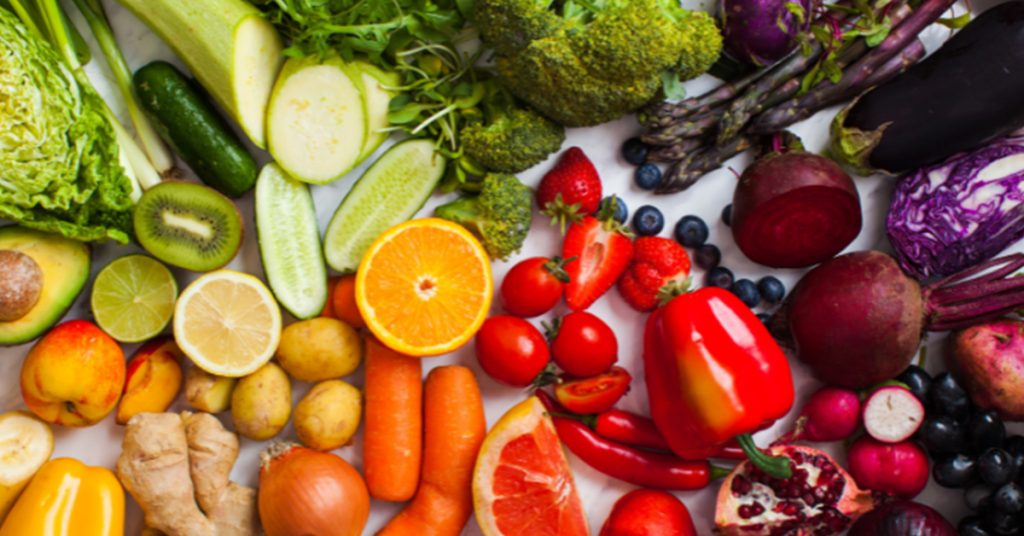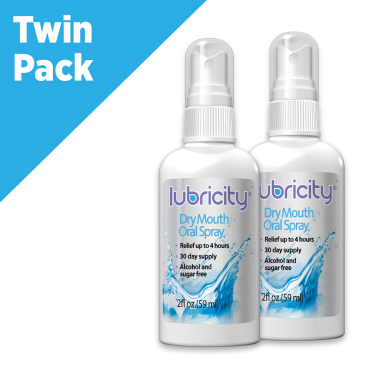Have you ever experienced the frustration of trying to enjoy a meal or engage in a conversation while dealing with a persistent dryness in your mouth? It’s an uncomfortable and bothersome sensation that can really put a damper on your day. Foods for dry mouth can provide the much-needed relief you seek. A dry mouth, or xerostomia, occurs when your salivary glands fail to produce enough saliva to keep your mouth moist. This can lead to difficulties in swallowing, and speaking, and even an increased risk of dental issues.
However, the good news is that incorporating certain foods into your diet can help alleviate the discomfort and promote saliva production, providing relief from dry mouth symptoms. Now, let’s delve into some delicious options that can help you combat dry mouth and make your mealtimes more enjoyable.
Foods that Promote Saliva Production
- Crunchy Fruits and Vegetables: Imagine biting into a juicy apple or a crunchy carrot. Not only do these healthy treats satisfy your taste buds, but they also do wonders for your dry mouth. The act of chewing these crisp fruits and veggies stimulates your salivary glands, increasing saliva production. So, next time you feel parched, reach for a refreshing apple, carrot sticks, or even celery. Your mouth will thank you!
- Citrus Fruits: When life gives you lemons, use them to fight dry mouth! Citrus fruits like lemons, oranges, and grapefruits are not only tangy and refreshing but also incredibly hydrating. Their high water content helps moisten your mouth while also kickstarting your salivary glands. Squeeze some fresh lemon juice into your water or enjoy a slice of orange as a healthy snack. It’s a zesty way to combat dry mouth!
- Sugar-Free Gum and Hard Candy: Who said chewing gum and enjoying candy had to be bad for you? When it comes to dry mouth, sugar-free gum, and hard candy can be your secret weapons. Chewing gum or sucking on a piece of sugar-free candy stimulates saliva flow, providing instant relief. Look for products sweetened with xylitol, a natural sugar substitute that not only promotes saliva production but also helps prevent tooth decay. Now you can satisfy your sweet tooth while keeping your dry mouth at bay!
Now that we’ve explored foods that can help alleviate dry mouth symptoms, let’s discuss the ones you should avoid to prevent worsening the condition.
Foods to Avoid with Dry Mouth
When dealing with dry mouth, it’s important to be mindful of the foods that can worsen your symptoms. Here are some items to steer clear of:
- Caffeinated Beverages: As tempting as that morning cup of coffee or refreshing iced tea may be, they can exacerbate dry mouth. Caffeinated beverages like coffee, tea, and sodas can contribute to dehydration, making your mouth even drier. Opt for hydrating alternatives like water, herbal teas, or caffeine-free drinks to quench your thirst without worsening your dry mouth.
- Alcoholic Beverages: When it comes to dry mouth, alcohol is not your friend. Alcoholic beverages have a drying effect on your body, including your salivary glands. So, it’s best to limit or avoid consuming alcohol altogether. Instead, try non-alcoholic mocktails or refreshing fruit-infused water to keep your mouth moisturized.
- Sugary and Acidic Foods: While indulging in sugary snacks and acidic fruits may seem tempting, they can wreak havoc on your oral health, especially when you have a dry mouth. Foods high in sugar or acid content can increase the risk of tooth decay and worsen dry mouth symptoms. Opt for healthier alternatives and limit your intake of sugary snacks, sodas, and acidic fruits to maintain a happy and hydrated mouth.
Fruits to Avoid with Dry Mouth
While fruits are generally a healthy addition to any diet, there are a few options that can contribute to dry mouth symptoms. Here are some fruits to be cautious about if you’re dealing with dry mouth:
- Persimmon: As mentioned earlier, it can be quite astringent, and also persimmon leaves a drying sensation in the mouth. If you enjoy persimmons, it’s advisable to consume them in moderation or pair them with hydrating foods to counterbalance their potential drying effects.
- Unripe Bananas: Unripe bananas have a higher starch content and can be slightly drying. Opt for ripe bananas instead, as they are easier to digest and have a softer texture, promoting moisture in the mouth.
- Cranberries: While cranberries offer numerous health benefits, they have a naturally tart and acidic taste, which can contribute to a dry mouth. If you consume cranberries, consider opting for the dried or sweetened versions in moderation.
Vegetables to Avoid with Dry Mouth
While vegetables are generally beneficial for overall health, there are a few that may contribute to dry mouth symptoms. If you’re dealing with a dry mouth, it’s a good idea to be cautious with the following vegetables:
- Raw Spinach: Raw spinach contains oxalic acid, which can have a slightly drying effect on the mouth. If you enjoy spinach, consider lightly steaming or sautéing it to reduce its potential drying properties while still retaining its nutritional benefits.
- Raw Celery: While celery is often recommended as a crunchy and hydrating snack, some individuals with dry mouths may find that the fibrous nature of raw celery exacerbates their symptoms. If you still want to enjoy celery, try slicing it into smaller, more manageable pieces or opting for cooked celery in soups or stir-fries.
- Raw Carrots: Carrots are a great source of hydration and can be beneficial for combating dry mouth. However, some individuals may find that the texture of raw carrots is difficult to chew and leads to further dryness. If this is the case, consider steaming or roasting the carrots until they become softer and easier to consume.
Now that we know which foods to avoid, let’s uncover some surprising culprits that can cause or contribute to dry mouth symptoms.
Foods that Cause Dry Mouth
- Spicy Foods: Are you a fan of fiery flavors? While spicy foods can add excitement to your meals, they can also irritate the delicate tissues in your mouth and leave you feeling parched. To keep your dry mouth under control, try to limit your intake of spicy dishes or balance them with hydrating foods.
- Salty Foods: Ah, the allure of salty snacks! Unfortunately, consuming excessive amounts of salty foods can contribute to dehydration and leave your mouth feeling dry. Be mindful of your salt intake and try to opt for low-sodium alternatives whenever possible. Your taste buds and salivary glands will thank you!
- Processed and Packaged Foods: Convenience may be tempting, but many processed and packaged foods contain high levels of sodium, preservatives, and artificial additives. These can contribute to dry mouth symptoms. Instead, focus on incorporating fresh, whole foods into your diet. Not only will they benefit your oral health, but they’ll also provide you with essential nutrients and hydration.
A dry mouth can be a real challenge, impacting your comfort and overall oral health. However, by incorporating the right foods into your diet, you can find relief and promote saliva production. Enjoy crunchy fruits and vegetables, such as apples and carrots, which stimulate saliva flow. Citrus fruits like oranges and lemons can also help moisten your mouth. Additionally, sugar-free gum or hard candy can provide temporary relief by stimulating saliva production.
To complement your efforts, you may consider using a lubricity dry mouth spray, which can provide instant relief and help moisturize your mouth. It’s important to remember to limit your intake of caffeinated beverages, alcoholic drinks, sugary and acidic foods, as well as spicy and salty treats as they can worsen dry mouth symptoms.
If dry mouth persists or causes significant discomfort, it’s essential to consult with your healthcare provider or dentist for personalized advice and additional strategies to address your specific needs. So, take charge of your oral health, enjoy your meals, and keep your dry mouth at bay with the power of delicious and hydrating foods, along with the support of a lubricity dry mouth spray when needed!
Lubricity is a Proud Supporter of the
What do customers say about Lubricity Dry Mouth Spray?













